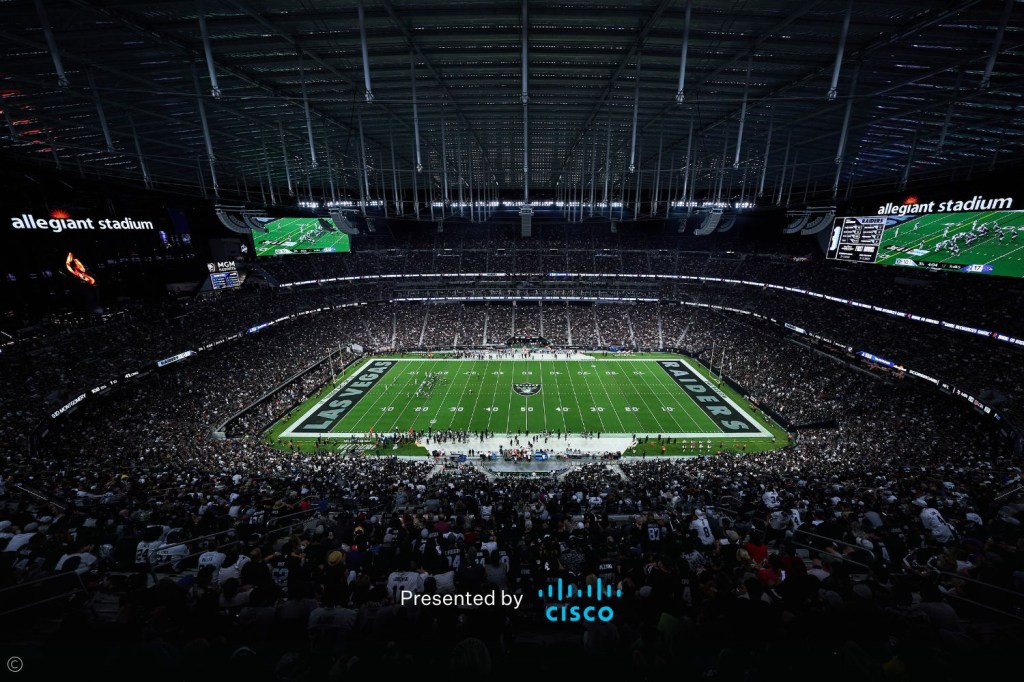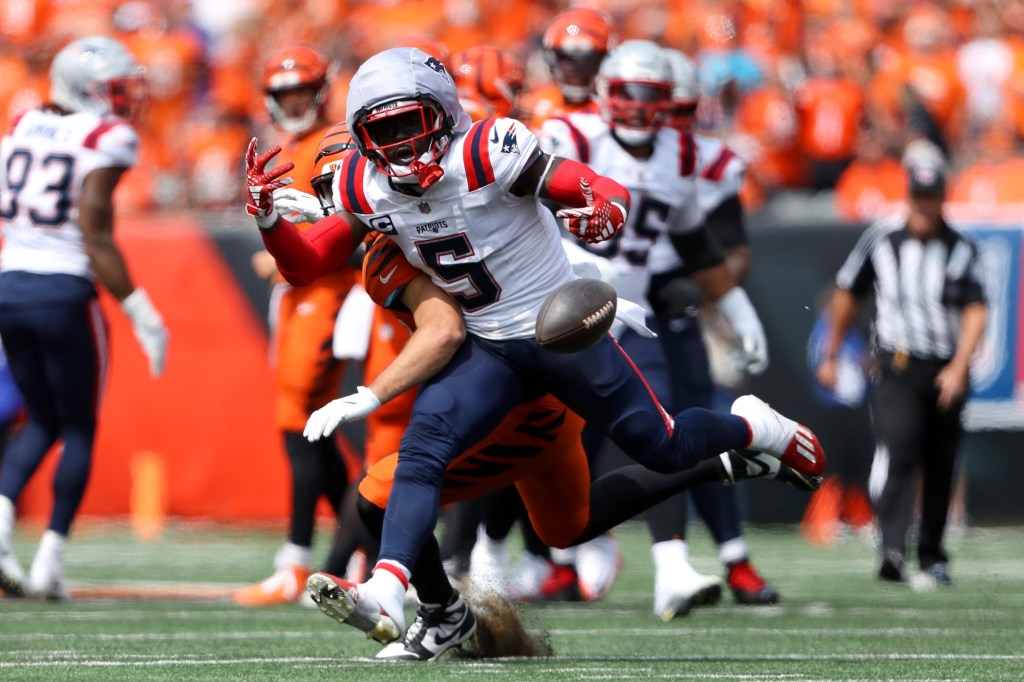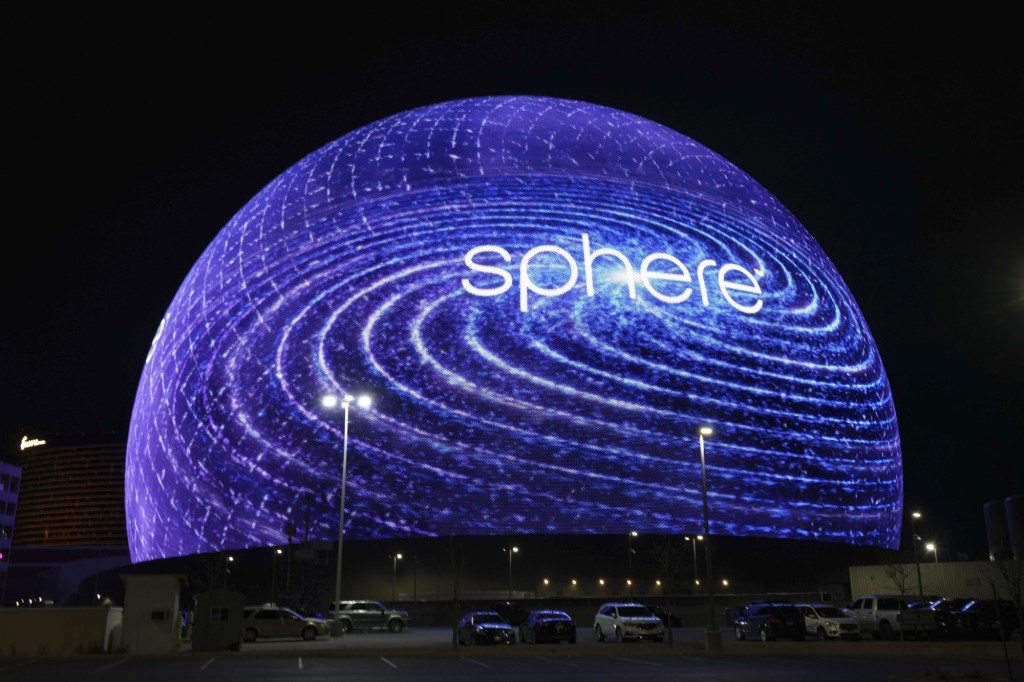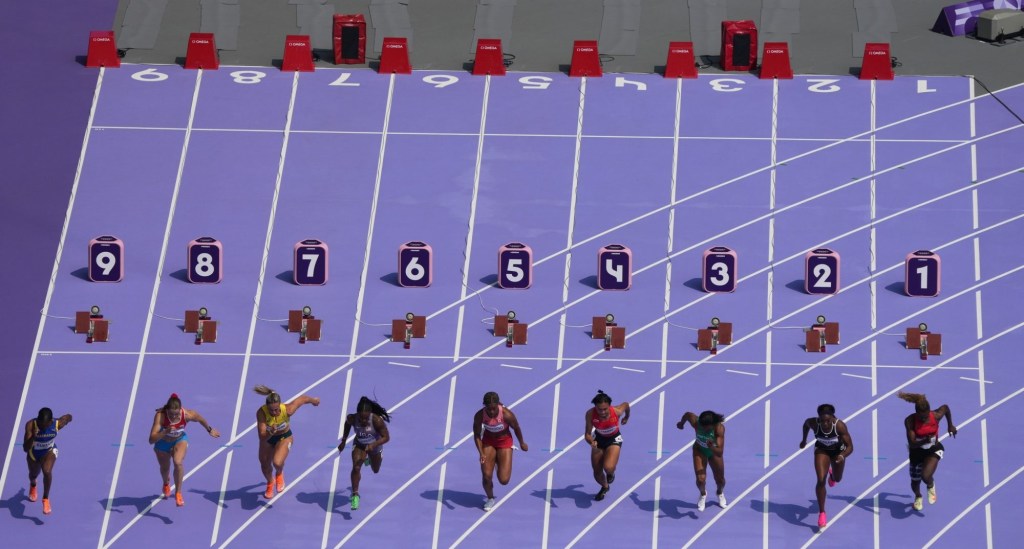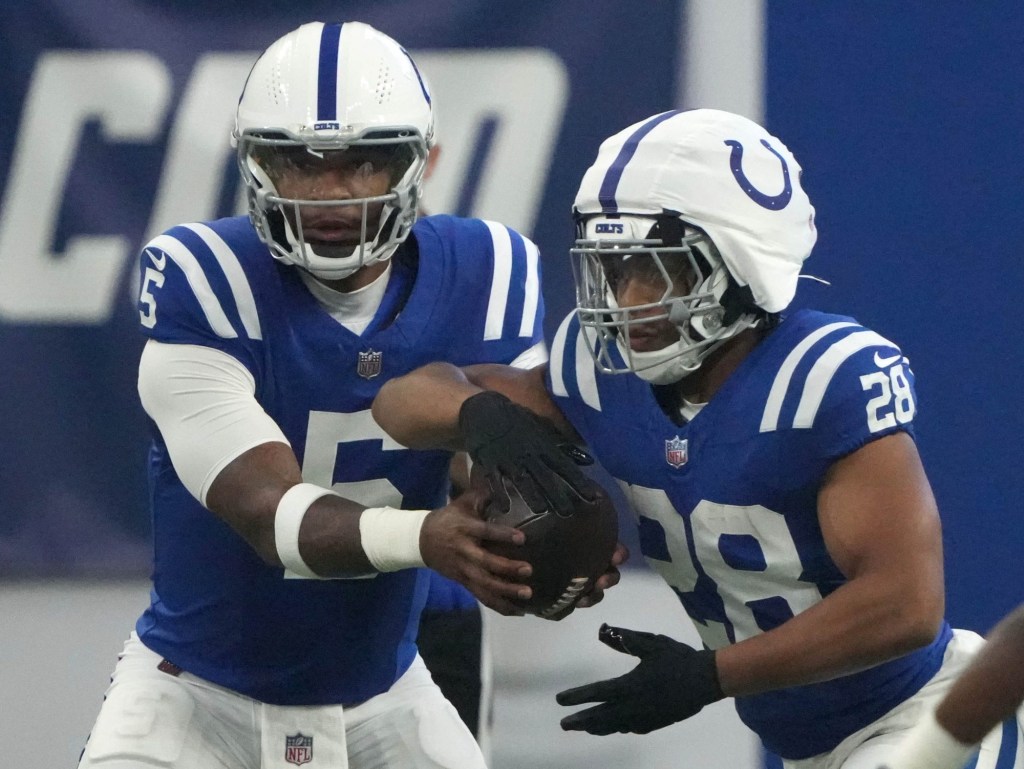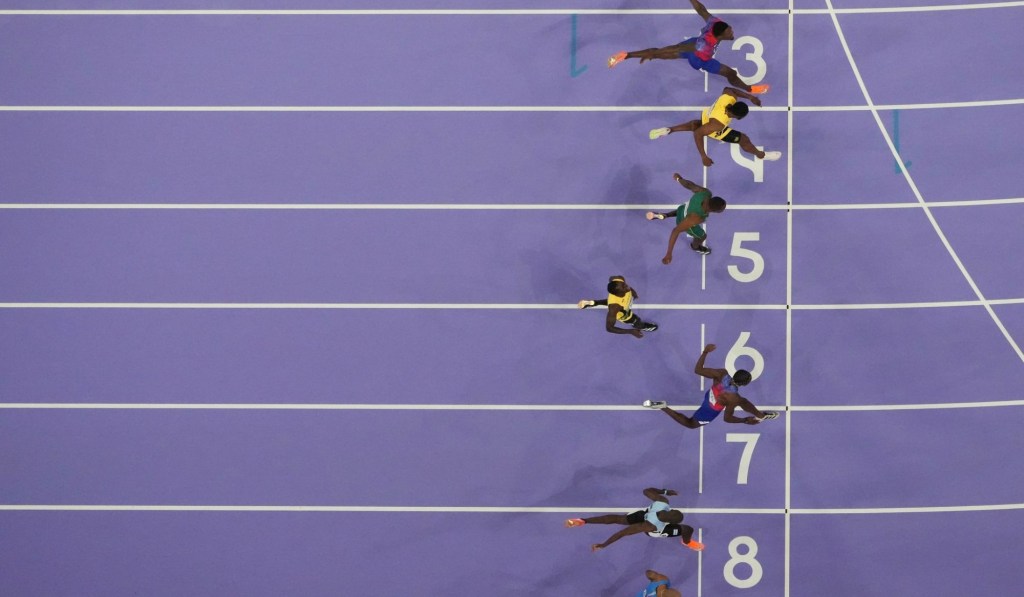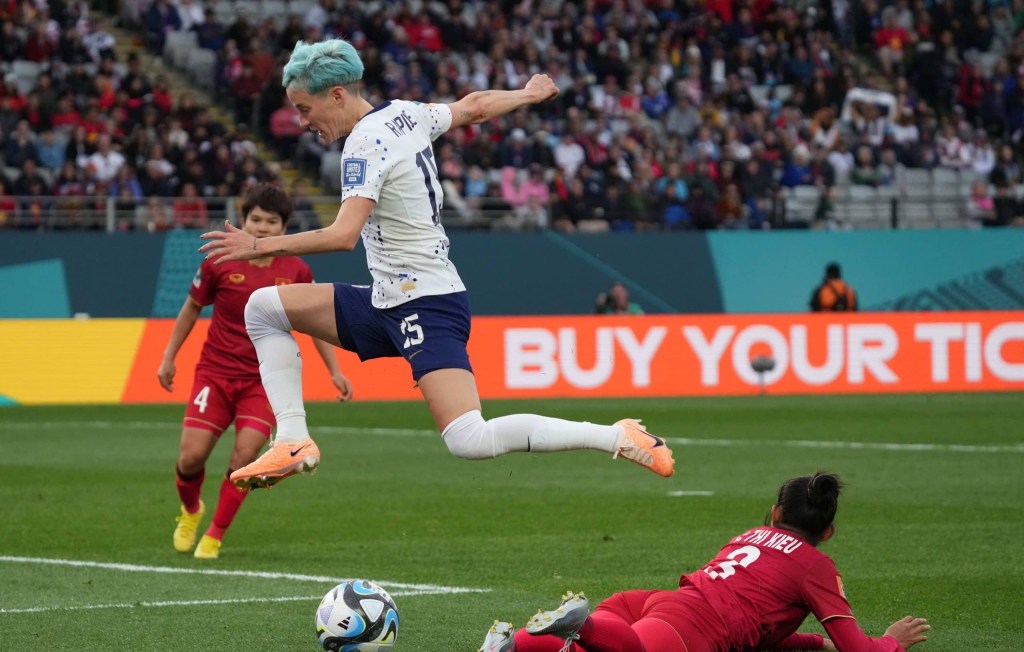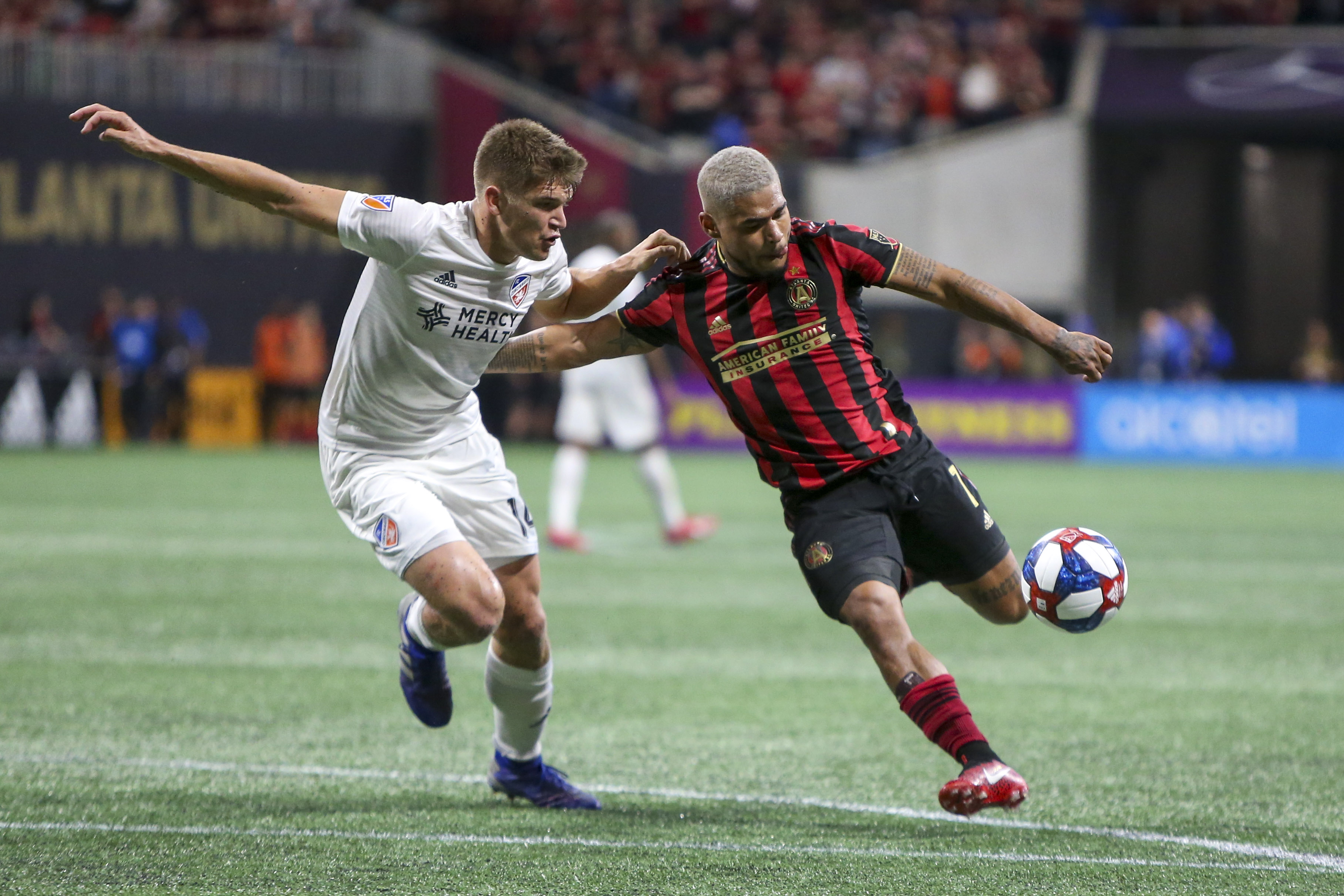
Photo Credit: Brett Davis-USA TODAY Sports
For Major League Soccer, the pathway toward innovation begins on the pitch.
“Look in the stadiums, the fan experience is different than any other professional sport,” said Chris Schlosser, MLS senior vice president and general manager of MLS Digital at a South by Southwest panel. “How do we lean into that and make it come alive? How do we translate that if you’re at home the couch?”
He expects the answer to come through digital thanks to partnerships with companies like Twitter and R/GA, a company helping connect MLS to emerging technology companies. In fact, Twitter Sports Partner Manager Will Exline believes social media could eventually lift MLS to unprecedented heights.
“If you look, you see how radio helped baseball, TV helped football and basketball,” Exline said. “MLS has lived in the digital world. As fast as platforms are evolving, MLS is just as quick to try new things.”
READ MORE: Simple Hashtags Elevated by Scarves Illuminate MLS Content Innovation
Schlosser said MLS Digital works with a four-pronged approach: Fan connection, on-field talent, stadium experience and media quality.
According to R/GA Global Chief Operating Officer Stephen Plumlee, there’s a current push to better connect fans to the teams and each other in order to better develop content ties. It isn’t that fan attention spans are necessarily shorter. Consumers just have so many options at their fingertips.
Consequently, Plumlee says, “The challenge is personalization. There has to be an authentic experience delivered to what the fan wants.”
Along the same lines, Exline said Twitter will continue to move towards individual user personalization to help the league and individual teams better target users and fan bases. He cited last years all-star voting process as one prominent example, which allowed users to tweet their vote, which returned a reply with a video of the player thanking a user.
[mc4wp_form id=”8260″]
That personalization also extends to viewership habits. Schlosser believes it’s important for MLS to provide fans the capacity to watch from any device. Within those device boundaries, they also hope to offer custom angles and other individual-choice options like advanced data and sports betting.
Schlosser also brought up the future, and current use, of artificial intelligence to generate user-specific highlight packages of specific content.
“I can give you a highlight of just your team’s play without having a human cut the highlight,” he said. “I can give the favorite player’s best goals. Maybe [the fan] misses a game and has four minutes and wants a recap, maybe 20 minutes.
“We’re starting to open those opportunities.”
Eventually, that could even feed into talent evaluation. Schlosser wondered aloud whether augmented reality could one day present skill challenges and judge a player through those ratings without ever scouting someone in person.
“That would allow a team to identify them and bring them into the academy to start the formal training process,” he said. “It could result in seeing thousands of more players than we could see today.”
READ MORE: ‘We Are LAFC’ Shows Off Exclusive Content Opportunity for MLS, ESPN
MLS took plenty of lumps when it was starting for being different than the global game of soccer. Now, the league is embracing that differentiation and will keep building on it with digital, Schlosser said.
“One of the big shifts is this idea we have to be authentic to the global soccer community,” he said. “There were these crazy rules when MLS first started … we very quickly learned that’s not the right way. But we are also finding North American soccer is a different thing. Soccer here is a little American, European, South American, and that changes from city to city.
“We can lean into that and we don’t have to apologize. We have to celebrate the unique differences and let them come through the atmospheres in the stands.”
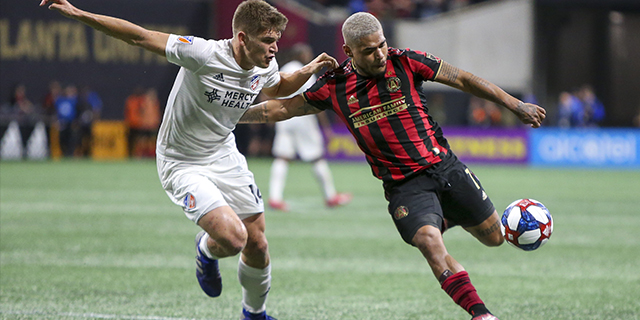
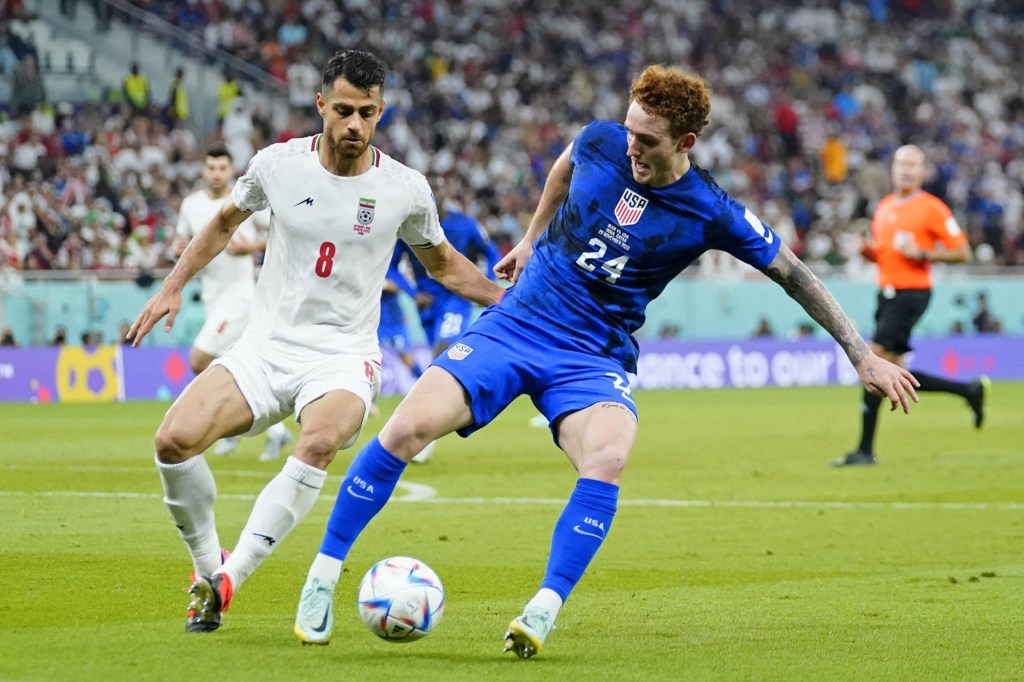


![[Subscription Customers Only] Jun 15, 2025; Seattle, Washington, USA; Botafogo owner John Textor inside the stadium before the match during a group stage match of the 2025 FIFA Club World Cup at Lumen Field.](https://frontofficesports.com/wp-content/uploads/2026/02/USATSI_26465842_168416386_lowres-scaled.jpg?quality=100&w=1024)
![[Subscription Customers Only] Jul 13, 2025; East Rutherford, New Jersey, USA; Chelsea FC midfielder Cole Palmer (10) celebrates winning the final of the 2025 FIFA Club World Cup at MetLife Stadium](https://frontofficesports.com/wp-content/uploads/2026/02/USATSI_26636703-scaled-e1770932227605.jpg?quality=100&w=1024)



